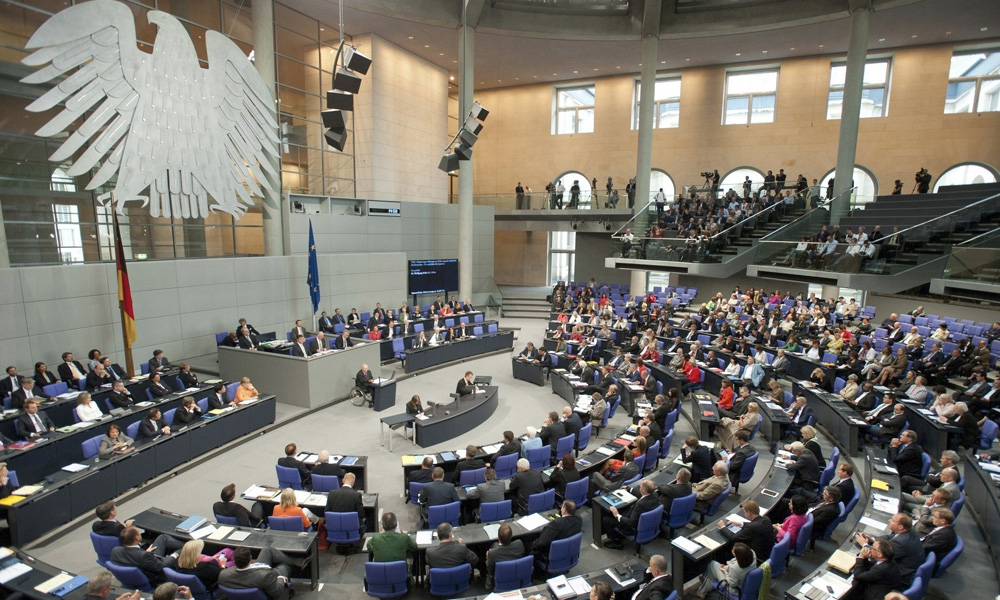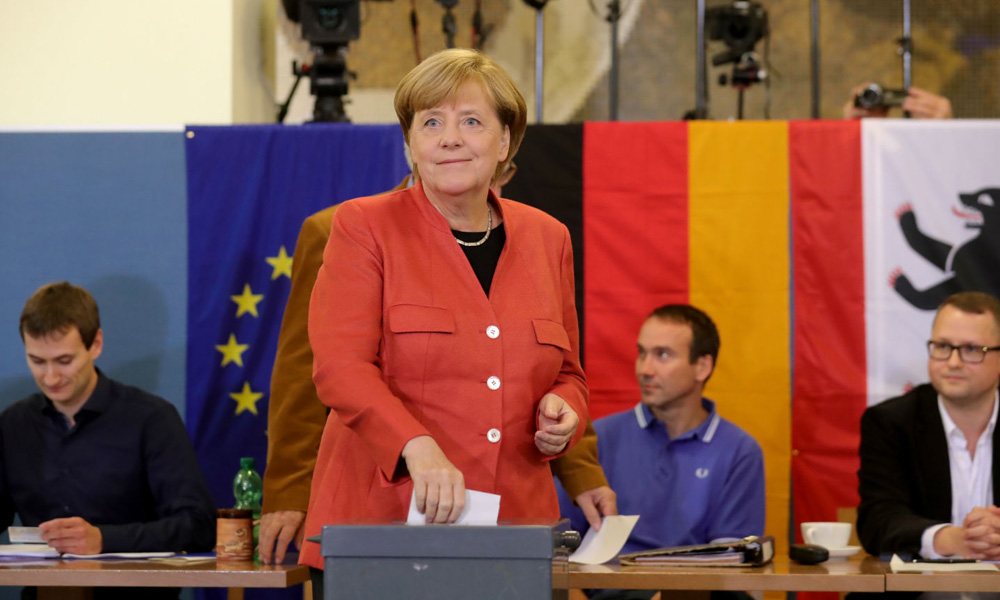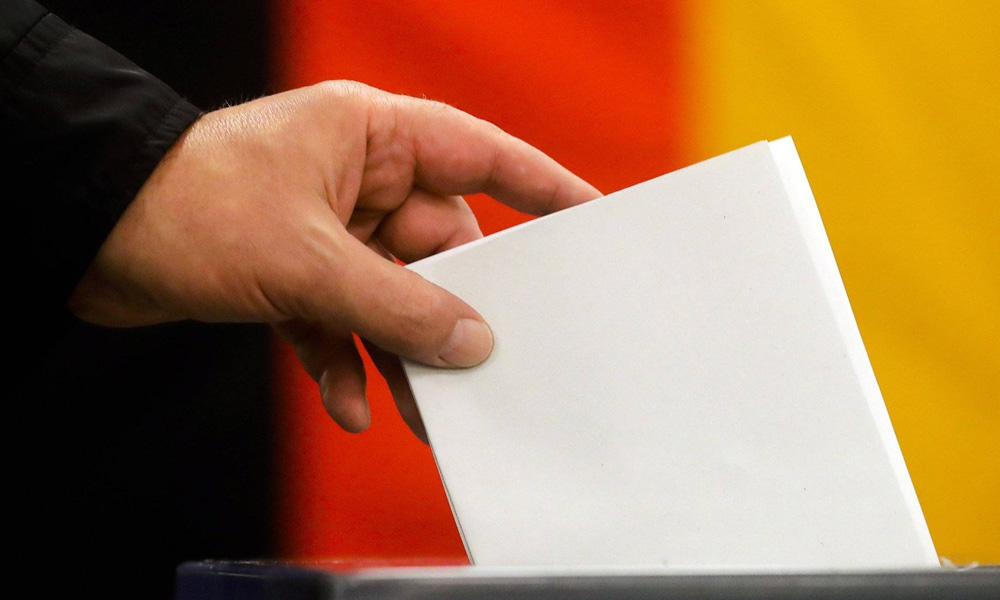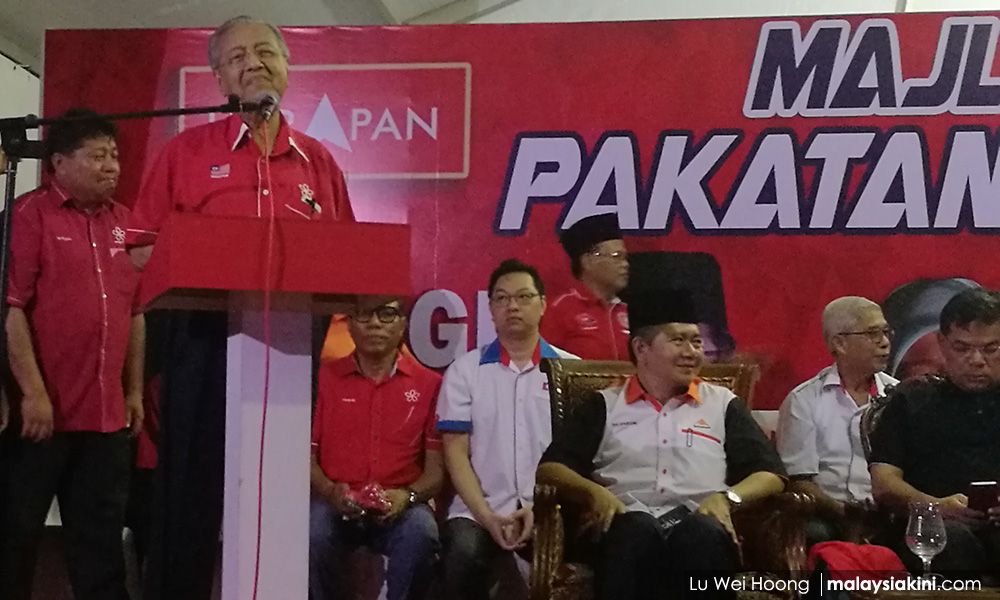
This may not be the most opportune time to extol the virtues of the German political system, what with the far-right Alternative for Germany (AfD) recently becoming the third largest party in the Bundestag, and Chancellor Angela Merkel facing a hard time forming the next government.
However, even at this low point, there are several things that Malaysians can learn from the post-war German political system. These include post-election coalitions, mixed member proportional (MMP) representation and public party financing. Learning, in this sense, does not mean absolute imitation of the German system, nor “copy and paste”, but rather, emulating its more beneficial features.
Logically, I should start with MMP, which produces a system and makes post-election coalitions almost inevitable.
As much as it is a bad time for post-election coalitions, I do want to take the bull by its horns and show that German post-election coalitions are still better than permanent coalitions in Malaysia, whether it is Barisan Nasional’s one-coalition dominance, or the two-coalition system championed by the opposition.
Jamaica, Kenya and the traffic light system
German parties are represented by colours. The Christian Democratic Union/Christian Social Union (CDU/CSU) is black, the Social Democratic Party (SPD) is red, the Free Democratic Party (FDP) is yellow, the Green Party is, of course, green, the ex-communist Left Party is also red and AfD is blue.
The last government was a grand coalition of CDU/CSU and SPD, the two largest parties, which represent the centre-right and the centre-left respectively.

Such a combination is rare and has only existed twice, from 1966 to 1969, and from 2005 to 2009. In 1969, SPD, as the former junior partner, emerged victorious and excluded CDU/CSU from the next coalition with the FDP. However, in the last two grand coalitions, the SPD suffered electorally after being the junior partner, partly due to the immense personal popularity of Angela Merkel (photo).
This is why SPD – having lost 5.2 percent of votes and 40 seats – is adamant to not play second-fiddle again to CDU/CSU. It wants to be the official opposition, rather than giving that advantageous position to AfD.
What then will likely be the next coalition? The hottest bet is on one made up of CDU/CSU (246 seats) with the market-friendly FDP (80 seats) and the eco-friendly Greens (67 seats). Dubbed the “Jamaica coalition” – black, yellow and green – this combination will result in 393 seats, a comfortable majority in the 709-seat Bundestag.
There are other possibilities, like the oversized “Kenya coalition” of CDU/CSU-SPD-Green (black, red and green), the minorities “traffic light coalition” of SPD-FDP-Green (red, yellow, and green), or a coalition of SPD-Left-Green (red, red and green). But these are just not politically viable.
So, if the “Jamaica coalition” fails, SPD will likely be forced to join CDU/CSU for the third grand coalition under Merkel. As German voters dislike both the instability of a minority government as well as new elections, forming a stable government would be seen as a civic responsibility.
The last coalition negotiation in 2013 took 86 days. Germans would now hope that their new government can be formed before Christmas. What then is good about having so many combinations to choose from? Would these not be too messy?
Not necessarily. There are several reasons why German-style coalition politics is superior to ours.
Manifestos are real
Why do coalition negotiations take so long? Essentially, it is because German parties do not just negotiate for ministerial positions in government, but also for policies and programmes. Before going into marriage, as it were, the parties sign detailed “pre-nuptial” agreements on which party gets to decide on what policy measures, and to what extent.
On the one hand, German parties want to seize governing opportunities to implement their policy ideas. Mindful of political fragmentation in the pre-Nazi Weimar Republic, the German public also expects mainstream parties to work in coalitions.
However, at the same time, minority parties in Germany will not abandon their ideological positions just to join the government, because junior partners can be electorally punished by supporters unimpressed by opportunistic compromise.

All these make manifesto drafting in Germany a serious business. It is not about advertorials or video clips that can be outsourced to political consultants or even advertising firms. It is also not just a laundry list of promises made to appeal to stakeholders, with no timeline, roadmap or feasibility studies.
Instead, party programmes in Germany are the products of long-term and on-going debates and deliberations involving politicians, party cadres and grassroots. All these make for coherent manifestos, cohesive parties, an accountable government and a responsible opposition.
Parties are rivals, not enemies
With the exception of the two sister parties CSU in Bavaria and CDU in the rest of Germany – much like the geographical division of Parti Pesaka Bumiputera Bersatu of Sarawak (PBB) and Umno – German parties do not enter into permanent coalitions that pretend to be “marriages of love.”
They compete rigorously with each other, but are prepared to enter “marriages of convenience” with a give-and-take on programmes, ever mindful of the delicate balance between pragmatism and principle. Such a pick-and-mix flexibility exists not only at the federal level, but also in state and local governments.
Hence, German mainstream parties see one another as rivals with ideological differences, not evil enemies that must be crushed and destroyed.
Politics does not tear apart German society because it is not framed in absolute, black-and-white terms. This is not because Germans are unprincipled pragmatists, but rather because they accept differences and embrace diversity in politics.
Moderation is shared, not monopolised
Equally important in German party politics is the consensus of mainstream parties to keep radical or flank parties at bay. Despite AfD’s phenomenal success, all other parties vow to exclude it from any coalition government – which is why none of the coalition combinations above contains the colour blue.
Such exclusion had previously been imposed on the Left and the Greens. In both 2005 and 2013, there was a red-red-green majority in the Bundestag, but SPD preferred forming a grand coalition with CDU/CSU over leading a centre-left coalition with the Left, whose radical policies include leaving Nato and a 30-hour work week.
In other words, mainstream parties form an exclusive club of potential government members to exclude radical forces that may disrupt the post-war “Rhine capitalism” upon which the German state stands.
Over time, new parties are forced to mellow if they want to join the club. The Greens first joined the federal coalition government in 1998, and today the possibility of a coalition government with the Left is less of a taboo.
Conceptually, moderation in German politics is not a single point monopolised by one party for it to hold the nation at ransom. Instead, moderation is a broad segment of the political spectrum to be contested by several parties that will guard against the radical forces outside the acceptable range.
Two-coalition system viable in Malaysia?
Returning to Malaysia, the perils of one hegemonic permanent coalition in BN are well recognised, but is the “two-coalition system” (a modified form of the Anglo-American two-party system) espoused by the opposition really a viable alternative?

Since 1990, the opposition coalition’s viability is always contingent on the prospect of winning power, and the failures in the 1990, 1999 and 2013 elections have so far buried three coalitions. If Pakatan Harapan is significantly weakened after the 14th general election, its demise is highly probable.
But what if Harapan wins? BN would likely disappear, as its Bornean components may strike a better deal with Harapan. Umno and PAS loyalists left standing would likely form a nasty and unelectable opposition bloc to champion Malay-Muslim supremacy. The ultra-right would force the new government to bend rightward in the hopes of breaking it. Moderate politics would likely still be a broken promise despite the change of regime.
The Achilles' heel of the BN model of a permanent coalition is that it leaves no room for healthy competition between allies, both electorally and pragmatically.
Consequently, BN has to win elections with manipulations, patronage and communalism, instead of manifestos, policies and inclusion. And since we use the the first-past-the-post system, is Harapan really all that different?
WONG CHIN HUAT is a research fellow with Penang Institute, the state government think-tank on public policy.- Mkini



No comments:
Post a Comment
Note: Only a member of this blog may post a comment.